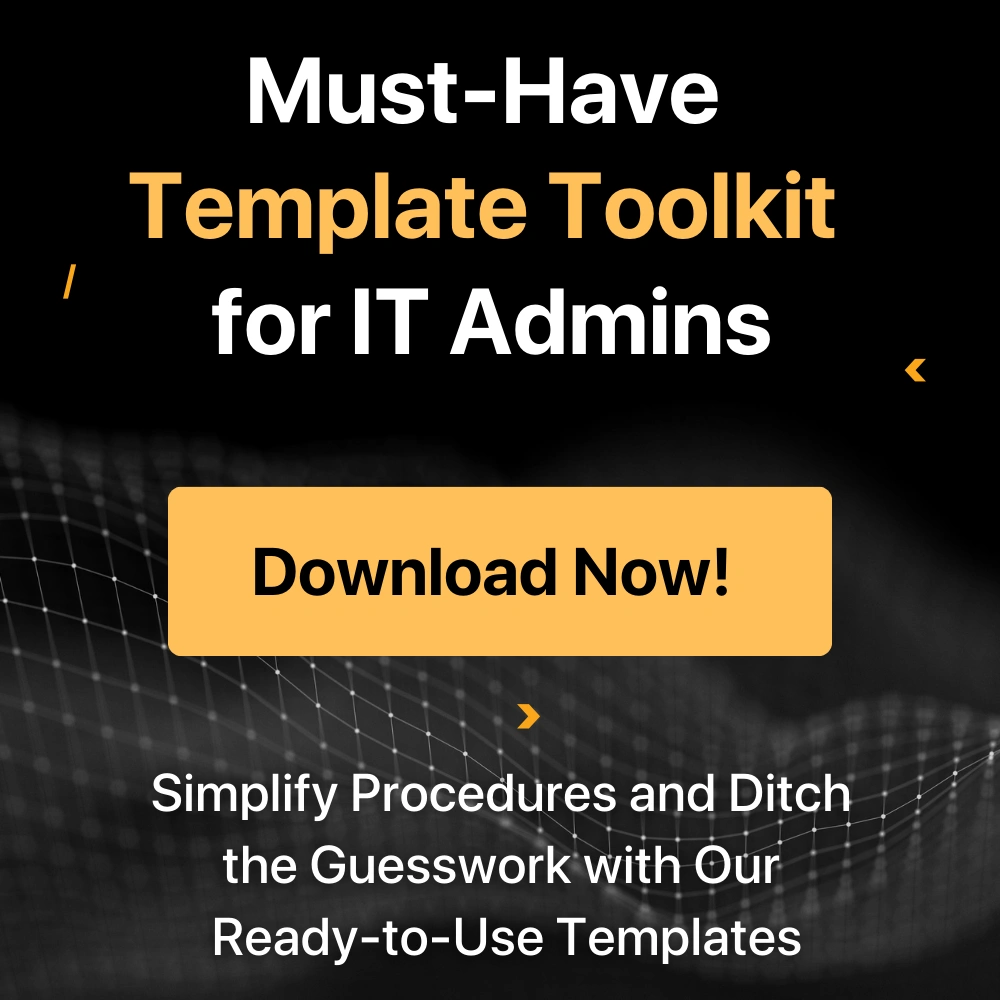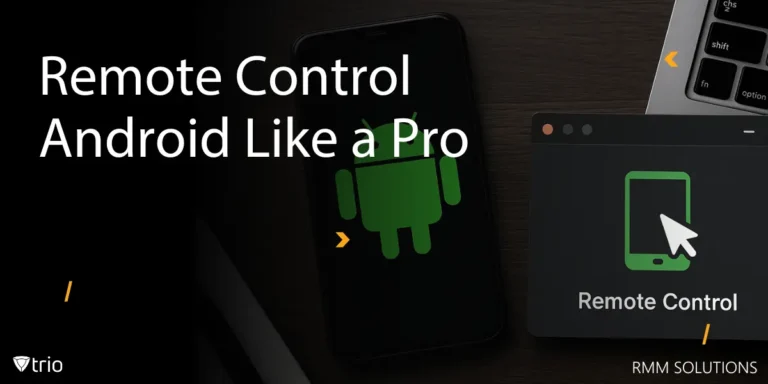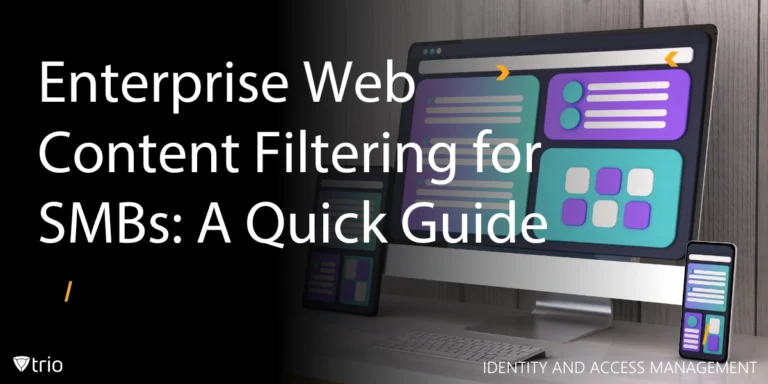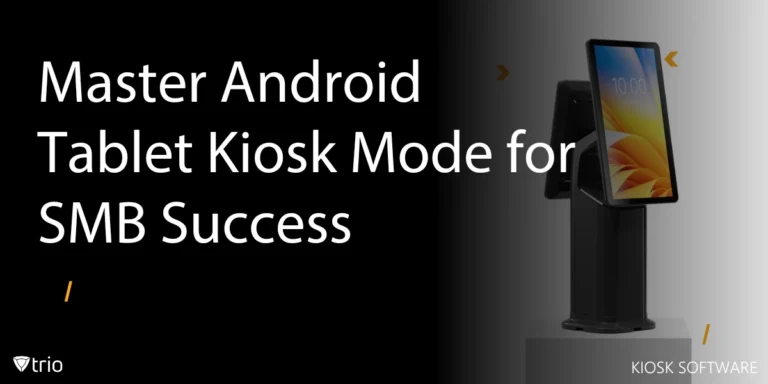As an IT administrator, managing many devices within an organization can be an arduous task. However, cloud MDM solutions are changing the game. By leveraging these cutting-edge platforms, you can simplify mobile device management, optimize data governance, and, ultimately, enhance operational efficiency.
What is Cloud MDM?
Cloud Mobile Device Management is a type of MDM solution that is hosted on the cloud instead of on a company's own servers (on-premises). The primary function of Cloud MDM is to provide organizations with a way to manage and secure their employees' mobile devices remotely. The technology behind Cloud MDM is cloud computing, which allows for scalability, flexibility, and accessibility from anywhere.
Cloud MDM works by enrolling devices into the MDM system, either manually or automatically. Once enrolled, administrators can manage all aspects of these devices from a centralized dashboard. This includes configuring settings, deploying security policies, distributing applications and content, app or OS updates, and even remotely locking or wiping a device if it's lost or stolen.
Monitoring Compliance with Cloud MDM
Cloud MDM solutions facilitate the monitoring of compliance with the organization's data management policies. They provide real-time reports that help IT administrators track compliance and identify any potential issues.
Cloud MDM vs On-Premises MDM
Cloud MDM solutions offer many advantages, such as scalability, cost-effectiveness, and flexibility. But they may not be the best choice for every organization. On-premises MDM solutions, on the other hand, offer greater control over data and security but may require a higher upfront investment and more resources for maintenance.
Key Components of a Cloud MDM Solution
A robust cloud MDM solution consists of multiple components that contribute to the efficient management of data assets.
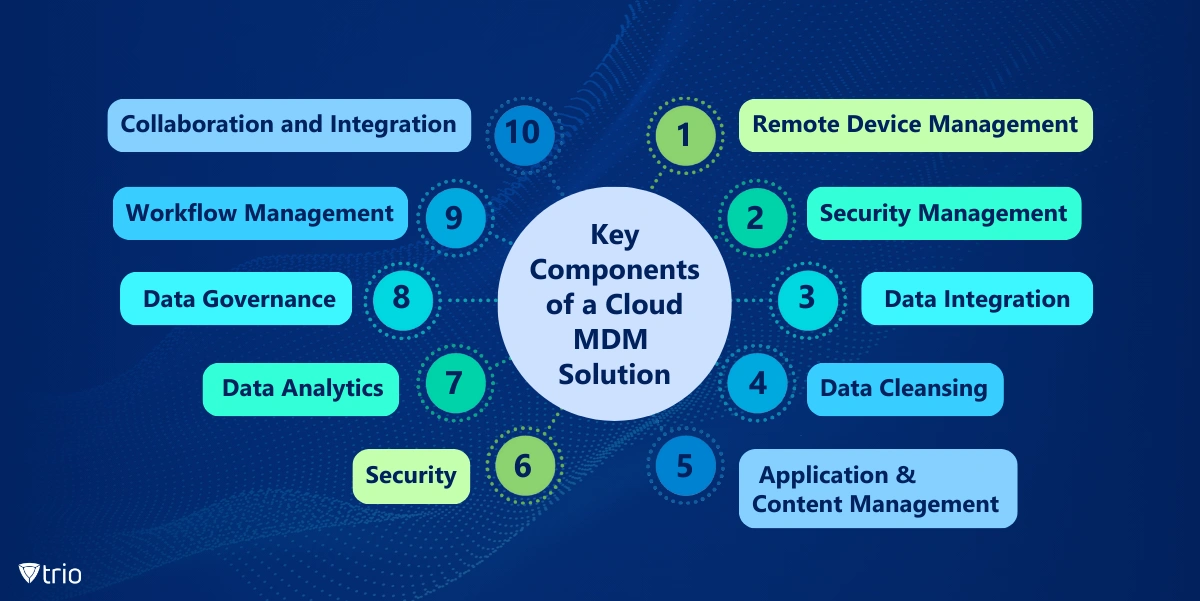
Remote Device Management
Cloud MDM allows administrators to manage all enrolled devices from anywhere, at any time. This is especially useful for organizations with remote workers or multiple locations.
Security Management
Cloud MDM solutions come with robust security features, such as:
- Encryption
- Device lock
- Remote wipe
- Enforcing password policies
- Restricting access to specific applications or websites
Application & Content Management
Administrators can remotely install, update, or remove apps on enrolled devices. They can also control and distribute content to these devices.
Data Integration
Cloud MDM solutions integrate data from various sources into a centralized platform. This feature ensures that all the data in the organization complies with the set data standards and formats.
Data Cleansing
This component identifies and rectifies errors or inconsistencies in data. The result is high-quality data that is accurate and complete.
Data Governance
Cloud MDM solutions provide a framework for managing data and ensuring compliance with regulations and policies. This feature helps organizations maintain data integrity and reliability.
Data Analytics
Cloud MDM solutions can provide insights and analytics on the data, allowing organizations to make informed decisions based on data-driven insights. It helps to monitor the data quality and ensure that it's:
- Consistent
- Accurate
- Up-to-date
Workflow Management
Managing the process of data management is crucial. Cloud MDM solutions help organizations ensure that tasks are completed efficiently and effectively through proper workflow management.
Collaboration and Integration
Cloud MDM solutions enable collaboration and integration across departments and ensure that data is shared and used effectively throughout the organization.
Security
To protect sensitive data from cyber threats, Cloud MDM solutions offer advanced security features, such as:
- Data encryption
- Firewalls
- User authentication
The Importance of Cloud MDM for IT Administrators
For IT administrators, cloud MDM solutions offer a host of benefits, including:
Cost-Effective
Since Cloud MDM is hosted on the cloud, organizations don't need to invest in hardware or maintain a physical server. This can significantly reduce costs.
Scalability
Cloud MDM solutions are highly scalable. As the number of devices to manage grows, the system can easily adapt without additional hardware or software.
Ease of Use
Most Cloud MDM solutions come with user-friendly dashboards that make it easy for administrators to manage devices, even with little technical knowledge.
Centralized Data Management
With cloud MDM, all data can be managed from a centralized location, making it easier for IT administrators to oversee and control all data-related operations.
Enhanced Data Security
The advanced security features of cloud MDM solutions help protect sensitive data from potential cyber threats.
Streamlined Compliance
Cloud MDM solutions can help organizations streamline their compliance efforts by providing a framework for managing data and ensuring adherence to regulations.
Improved Decision-Making
With data analytics capabilities, cloud MDM solutions can provide valuable insights that help IT administrators make informed decisions.
Implementing a Cloud MDM Solution: Step-by-Step Guide
Implementing a cloud MDM solution can be a complex process, but with a systematic approach, organizations can smoothly transition to this modern data management system.
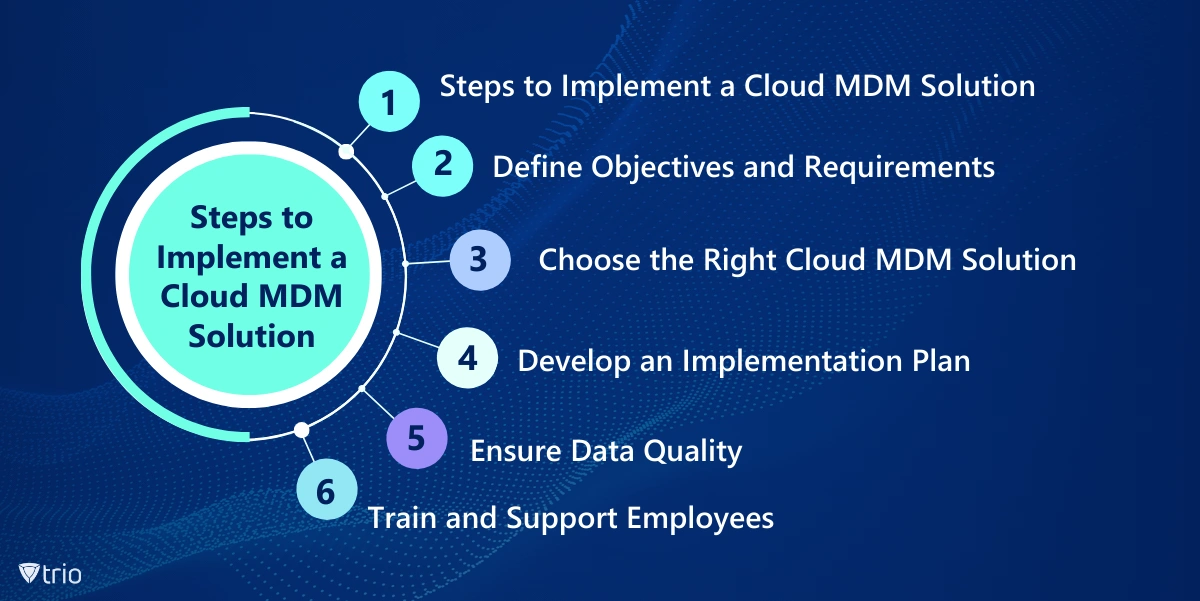
Define Objectives and Requirements: Identify the data management needs of your organization and the potential benefits of implementing an MDM on cloud solution.
Choose the Right Cloud MDM Solution: Select a solution that meets your specific needs and requirements, considering factors like:
- Scalability
- Security
- Compliance
- Ease of use
Develop an Implementation Plan: For each project phase, create a detailed plan outlining:
- Tasks
- Timelines
- Responsibilities
- Risk mitigation strategies
Ensure Data Quality: Establish standards and processes across all systems and applications to make sure your data is:
- Accurate
- Complete
- Consistent
Train and Support: Ensure that all users receive thorough training on using the system and provide ongoing support to ensure that the system meets the organization's needs.
Monitor and Measure Success: Regularly monitor key performance indicators (KPIs) to track the success of your cloud MDM implementation.
Troubleshooting Common Issues in Cloud MDM Implementation
Despite careful planning, issues may arise while implementing a cloud MDM solution. Here are some common issues and how to troubleshoot them:
Data Integration Issues
If you're facing issues integrating data from different sources, check the data format and ensure that it's compatible with the cloud MDM solution.
Data Quality Issues
If the data quality is poor, use the data cleansing feature of the MDM solution to identify and correct errors in the data.
Compliance Issues
If your organization is struggling with compliance, leverage the data governance feature of the MDM solution to manage data and ensure compliance with regulations.
Security Issues
If you're concerned about your data's security, make sure you're using all the security features offered by the MDM cloud solution, such as:
- Data encryption
- Firewalls
- User authentication
Maintaining Your Cloud MDM Solution
Maintaining your cloud MDM solution involves regularly updating it to meet your organization's changing needs and technology advancements. It also involves communicating any changes in the MDM solution to your organization to ensure that everyone is on the same page.
Introducing Trio MDM Solution
The Trio MDM solution can be an excellent choice for organizations seeking a comprehensive cloud MDM solution. It offers many features that help IT administrators manage devices, ensure data security, and improve organizational efficiency.
Start your free trial here to benefit from the numerous IT administration tools that Trio offers your company.
Cloud-Based MDM: Conclusion
Cloud MDM solutions offer a modern approach to managing and maintaining an organization's data assets. By leveraging these solutions, IT administrators can enhance the efficiency and security of their organization's data management, thereby driving business growth and success.
Get Ahead of the Curve
Every organization today needs a solution to automate time-consuming tasks and strengthen security.
Without the right tools, manual processes drain resources and leave gaps in protection. Trio MDM is designed to solve this problem, automating key tasks, boosting security, and ensuring compliance with ease.
Don't let inefficiencies hold you back. Learn how Trio MDM can revolutionize your IT operations or request a free trial today!

